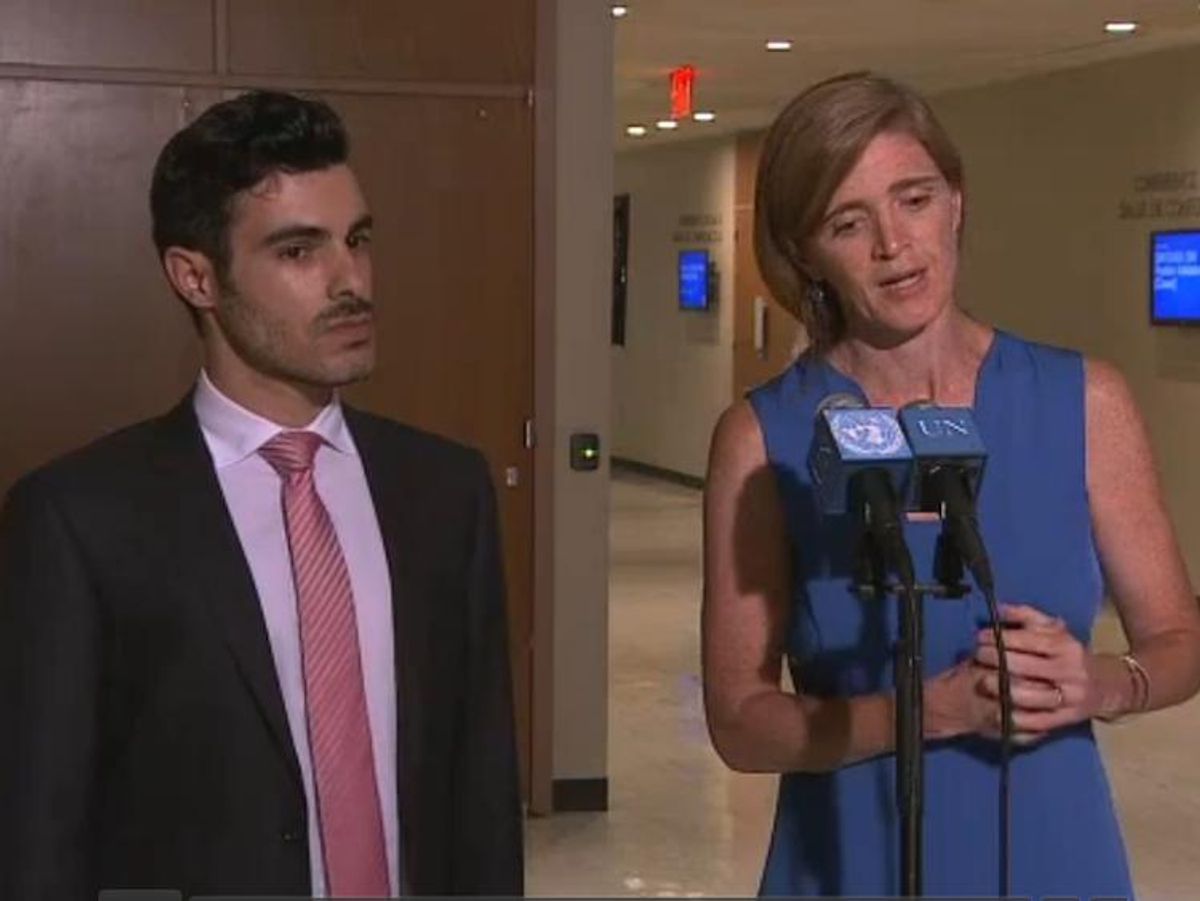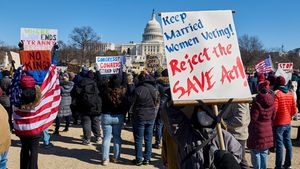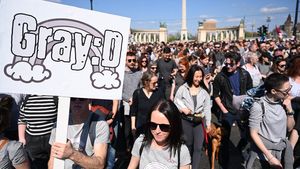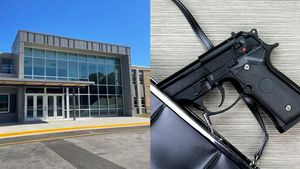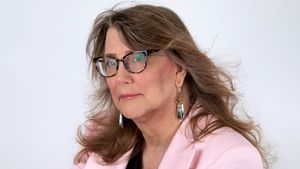Subhi Nahas (left) and U.S. Ambassador to the U.N. Samantha Power
Yesterday, in a historic first, the United Nations Security Council, the most senior body, was briefed on the plight of LGBT people in territories in Iraq and Syria under the control of the so-called Islamic State. Co-hosted by the American and Chilean missions to the U.N., it was led by U.S. Ambassador to the United Nations Samantha Power and Chilean Ambassador Cristian Barros Melet.
The meeting, which was not manditory but open to any nation, was attended by 13 of the 15 current members of the Security Council, with only Chad and Angola abstaining. Incredibly, that means that noted anti-gay countries like Russia, Nigeria, Malaysia, and Jordan joined the United Kingdom, France, China, Spain, New Zealand, Venezuela, and Lithuania in hearing various testimony. Only China, Russia, Malaysia, and Nigeria spoke, along with Chile and the United States. Jessica Stern, Executive Director of International Gay and Lesbian Human Rights Commission (IGLHRC), gave a detailed presentation, saying:
"This brings us to where we are today. The conflict has not only increased the vulnerability of millions of Iraqis and Syrians, it has also further entrenched structural and cultural violence against women and and LGBTI persons."
"We can say that the minimum number of executions for sodomy for which ISIS has claimed responsibility is 30. ISIS-established courts have claimed to punish sodomy with stoning, firing squads, beheadings, and by pushing men from tall buildings. ISIS advertises these killings to give the impression of as many executions as possible. We know that the fear of ISIS has fueled violence against LGBTI persons by other militias and private actors."
As The Guardian noted, Ambassador Power said:
"It's about time, 70 years after the creation of the UN, that the fate of LGBT persons who fear for their lives around the world is taking center stage. This represents a small but historic step."
In addition to remarks from U.N. Deputy Secretary General Jan Eliasson and a relayed message from Secretary General Ban Ki-moon, who was out of the country, the Council heard from two gay refugees, one from Iraq and one from Syria. Subhi Nahas gave testimony of examples of ISIS violence:
"At the executions hundreds of townspeople, including children, cheered jubilantly as at a wedding. If a victim did not die after being hurled off a building, the townspeople stoned him to death. This was to be my fate, too."
Nahas (pictured above), was able to flee Syria via Lebanon and Turkey, eventually reaching the United States.
Security Council members and the U.N. High Commissioner for Refugees were urged to take immediate action to help assist and relocate vulnerable LGBT people.
Watch statements from both Power and Nahas below:
